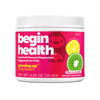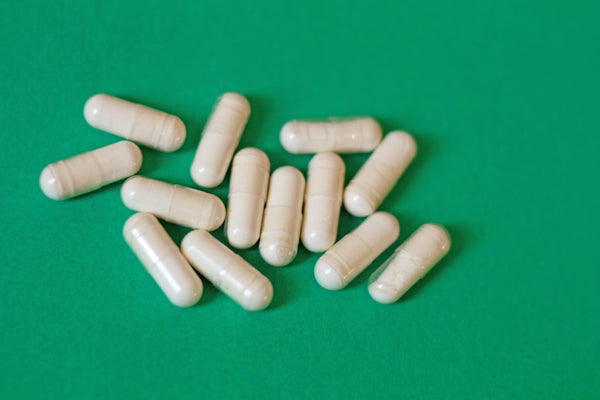Can Kids Take Magnesium and Potassium Together?
share this article

Ensuring our little ones receive the essential nutrients they need is crucial for their overall health and well-being. Magnesium and potassium are two vital minerals that play key roles in various bodily functions, but can they be taken together? Let's delve into the science to understand the compatibility of these nutrients and their potential benefits for kiddos' health.
What is Magnesium and Potassium?
Magnesium is an essential mineral involved in over 300 biochemical reactions in the body, including muscle and nerve function, energy production, and bone health. Similarly, potassium is crucial for maintaining proper muscle function, regulating blood pressure, and supporting heart health. Both minerals are necessary for kiddos' growth and development [1].
Daily reads to help your little ones lead happier and healthier lives.
Join the
Happy Gut Club
Potential Synergistic Benefits of Magnesium and Potassium
While there is limited research specifically on the combined use of magnesium and potassium in kiddos, both minerals offer unique health benefits that may complement each other. Magnesium and potassium work synergistically to support muscle function, nerve transmission, and electrolyte balance in the body [2].
Electrolyte Balance and Hydration
Electrolytes, including magnesium and potassium, play a vital role in maintaining proper hydration levels and electrolyte balance in the body. Research has shown that inadequate intake of magnesium and potassium can contribute to electrolyte imbalances, leading to symptoms such as muscle cramps, fatigue, and dehydration [3].
Considerations for Supplementation
There are currently no known negative interactions with magnesium and potassium. Magnesium and potassium supplements are safe for kids to take together within the recommended dosage. It is recommended to never go above the upper limit set by the FDA for dietary supplements. However before giving your kiddo magnesium and potassium supplements together, it's essential to consider their individual health needs and potential interactions with other medications or supplements. Consulting with a healthcare provider or pediatrician can help determine the appropriate dosage and combination of supplements for your little one [4].
Dietary Sources of Magnesium and Potassium
In addition to supplementation, kiddos can obtain magnesium and potassium from a balanced diet rich in nutrient-dense foods. Magnesium-rich foods include leafy greens, nuts, seeds, whole grains, and legumes, while potassium-rich foods include bananas, oranges, potatoes, avocados, and spinach. Encouraging kiddos to consume a variety of these foods can help meet their nutritional needs [5].
Summary
Preliminary evidence suggests that kiddos can safely take magnesium and potassium together to support overall health and well-being. Both minerals play essential roles in various bodily functions, and ensuring an adequate intake of magnesium and potassium through diet and supplementation can help promote optimal health for kiddos.
















